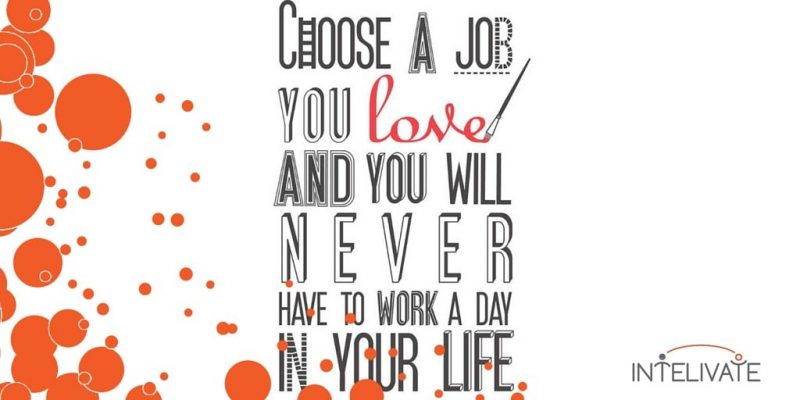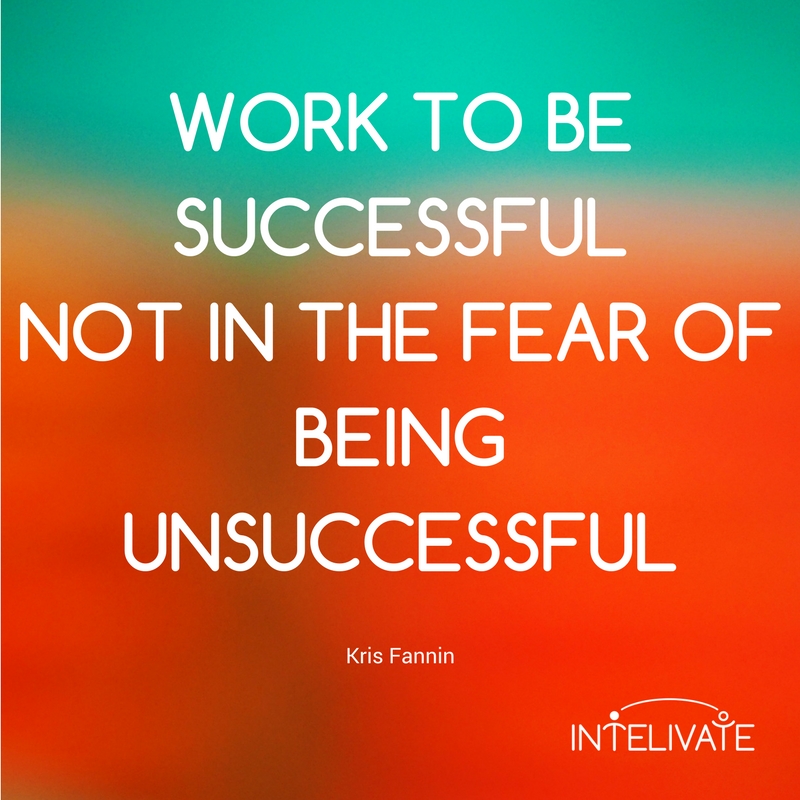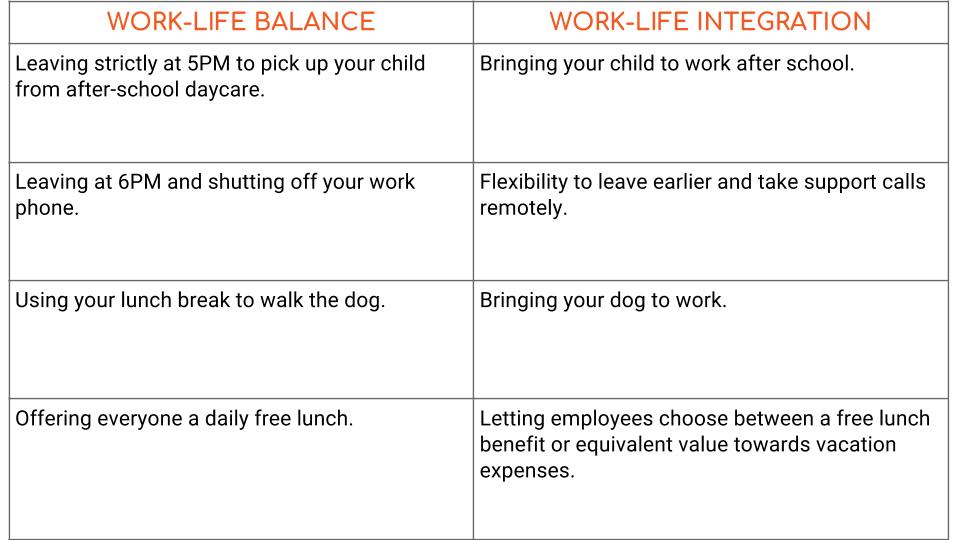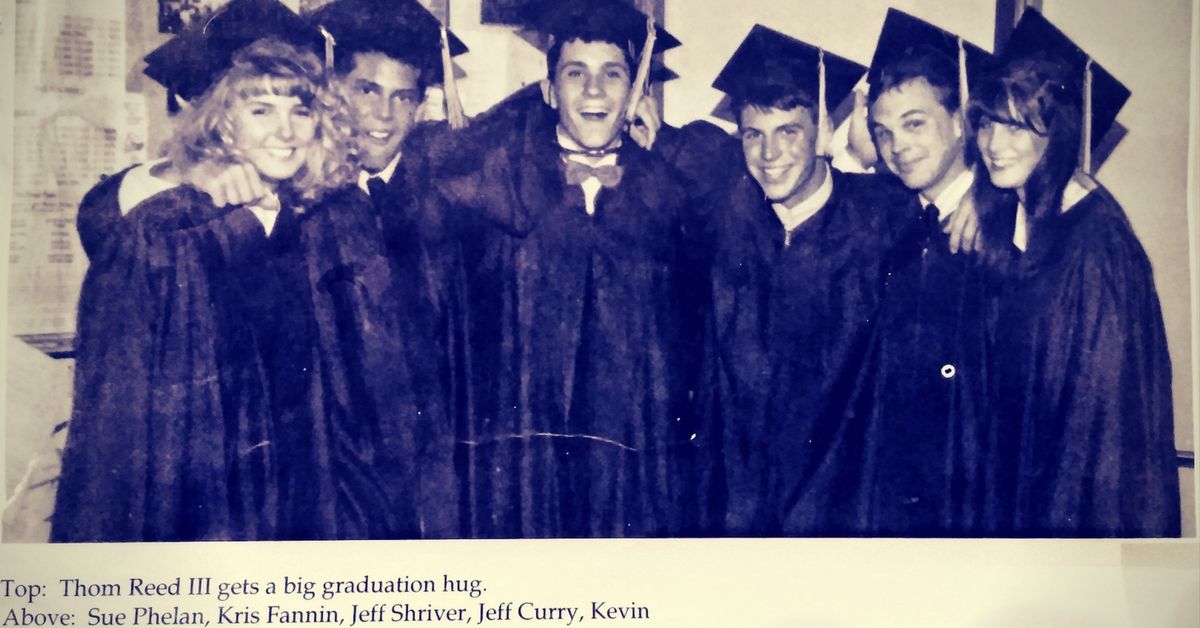Companies always assess candidates for cultural fit. Assessing organizational culture by job applicants is also critical . Here’s how to do it.
I came across this great article, “An Amazon Recruiter Reveals How to Get a Job at the Online Retailer” by Ruth Umoh. She provides great insights on Amazon’s successful customer-centric approach, and tips to increase a candidate’s chance of being hired by the highly sought employer.
It leaves a ginormous question to ask yourself:
Should I care?
You’re probably thinking, “Of course I should care, Kris! Amazon is one of the best employers in the world.” But is it one of the best employers in the world for YOU?
I’ve known blissfully happy people working at Amazon. I’ve known others that were absolutely miserable. I’m just using Amazon as an example. Take any of the companies on the ‘best’ list and I have as many examples.
They are the same great companies with different results for different people. So what’s the cause?
More times than not, the cultural fit was not right for someone. Just as in a relationship that doesn’t work out, it often isn’t the fault of either the company or the job applicant. It simply wasn’t a good match.

Job applicants become obsessed with finding out the tips and secrets to landing a job at a top company. Rarely do they make the critical effort to find out if a company is right for them by assessing the cultural fit and job happiness potential.
I even gave an example of how to check the cultural fit as an employer in a Spark Hire article. I’m going to flip that now and talk about evaluating the same cultural fit as an applicant.
Why is assessing organizational cultural fit is critical as a job applicant?
I always recommend really digging in and learning the culture of the company that is interviewing you. There are many benefits to this beyond just impressing the hiring manager. Guess what you might find – the cultural fit is just not right for you. Yes – even at amazing companies like Amazon.
Why does this matter? If the culture doesn’t fit with you, you won’t be happy. Over time – your performance suffers. It’s a rough cycle of an unhappy mess that doesn’t end well.
Remember, you achieve sustainable success through happiness.
Do your research – especially with cultural fit – before. While doing the research, focus just as much on YOUR fit with the culture as on being able to accurately speak to it in an interview.

Key areas to assess when researching organizational cultural fit.
So what do you look for? It depends on your priorities, but here are the greatest cultural disconnects I’ve seen in the past.
1. Competitive vs collaborative organizational culture
Understanding the competitiveness of internal workforce is important when assessing cultural fit. Some people thrive on heated competition, others melt with it. You know yourself better than anyone else.
Most healthy cultures have a healthy mix of both competition and collaboration. How do you assess this? Like with most of these cultural criteria, look on sites like Glassdoor and LinkedIn for insights.
There is a difference between competitive corporate culture and backstabbing at work. Nobody thrives in the latter.
Did you know? According to the Harvard Business Review, not only is a cut-throat environment harmful to productivity over time, but that a positive environment will lead to dramatic benefits for employers, employees, and the bottom line.
2. Work-life integration & balance
I recently wrote about the differences of work-life integration and balance, and how these are very individually defined. Ask around or do some searches about programs the company has around balance and integration.
Really think about what is important to you, your relationships and your family. Here are some examples of each.

How can you find what is important to you? Try some of these free career quizzes. You’ll learn a lot about your priorities especially as it relates to focus and balance.
3. Core values & supporting programs
One of the biggest conflicts at work is when your moral and ethical values are not aligned with the organizational culture. Your defined core values are incredibly important when assessing cultural fit.
If you find yourself in a culture that isn’t aligned, you’ll feel the conflict constantly. You can’t be happy or successful with that ongoing feeling.
Read up on a company’s mission statements, research their core values and what programs they have to support those values.
4. Your future colleagues
They’re brilliant and driven, but are you going to like working with the people at the organization? Ultimately, you spend a ton of time working, and work friends make it the home-away-from-home you deserve.
Look at their profiles online and dare I say ‘stalk’ them in their personal profiles? You can find out a lot about your potential coworkers by taking a peek into their personal lives – if their social profiles allow for it.
5. The potential of rapid & frequent change
The potential for change is one area that job applicants forget when assessing cultural fit. Especially with a startup, you can expect a lot of change because of rapid growth, preparing for an IPO or acquisitions.
Personally, I thrive on change and become bored otherwise. Not everyone is like that and would prefer a more familiar and steady environment. There’s absolutely nothing wrong with wanting familiarity. Just make sure you are likely to get whichever environment you prefer.
Research where the company is going, their goals and how that relates to potential business change and transformation that will involve you.
6. Are customers happy? If not, you likely won’t be either.
Regardless of who the customer or client is, your happiness and success at a company depend on customers’ overall happiness and satisfaction.
Check out consumer reviews of a company. If you find a pattern of customers not being happy then you likely won’t be either. Why? It not only brings everyone down, but you’re also likely going to be dealing with a lot of these unhappy customers.
Overall customer satisfaction of doing business with a company is often an indicator of the organizational cultural fit.

“I don’t think it’s the cultural fit, should I still interview?”
You’ve done your homework and your gut tells you that the culture isn’t the right fit for you. Should you still interview?
Yes. You might find out your gut is wrong even after a ton of research (it happens). Maybe you became intimidated by the new opportunity and lost some confidence while doing your research. Don’t let that get in your way.
At the least, the interview gives you an opportunity to learn more and let people learn more about you. Unless you are absolutely confident that it’s not the right cultural fit, go ahead with the interview. You might be surprised.
Final Thoughts on Assessing Organizational Cultural Fit
Bottom line: Don’t let the company be the only one to decide if the fit is right. Assess the culture yourself to decide if it’s the right fit for you. Through the process, you will also learn a lot about yourself. That’s the best benefit to going through this assessment.
I’d love to hear about any other areas in assessing organizational culture for the right fit. Any job candidates out there have stories of being surprised once you’ve done research or finished the interview?
Let me know on Twitter or Facebook. I’d love to connect!
Keep Reading: Life After the Interview Rejection Letter – Can You Still Get an Offer?
Related Solutions to Help You With Organizational Culture and Career
Kris Fannin
Kris Fannin is a passionate change agent in workforce transformation. For more than 25 years, he's had the privilege of partnering with dozens of client organizations and leading hundreds of teams to become powerful influencers.
"Your legacy will be defined by the passion and impact of the people you influence. What do you want your legacy to be?"



